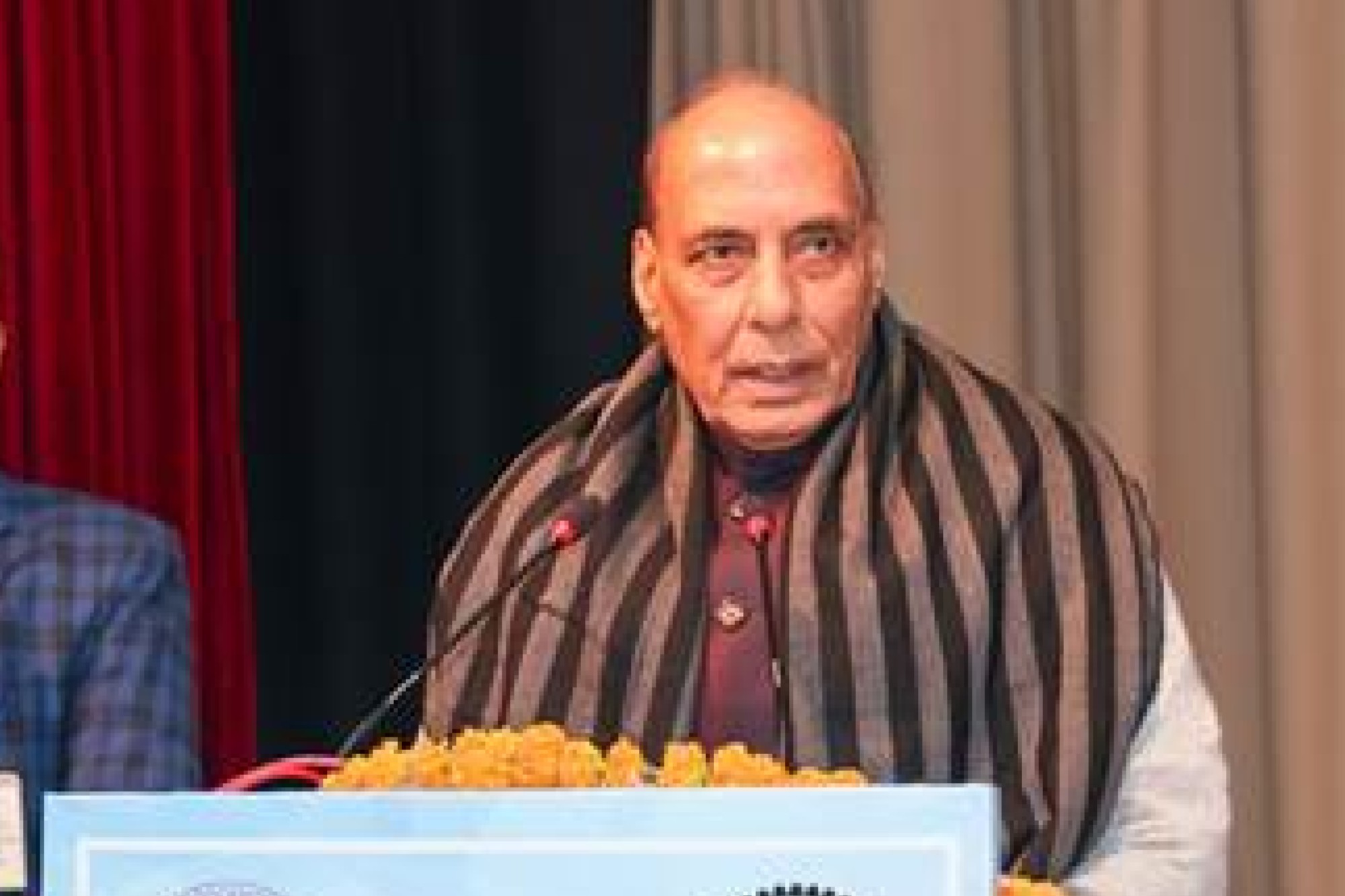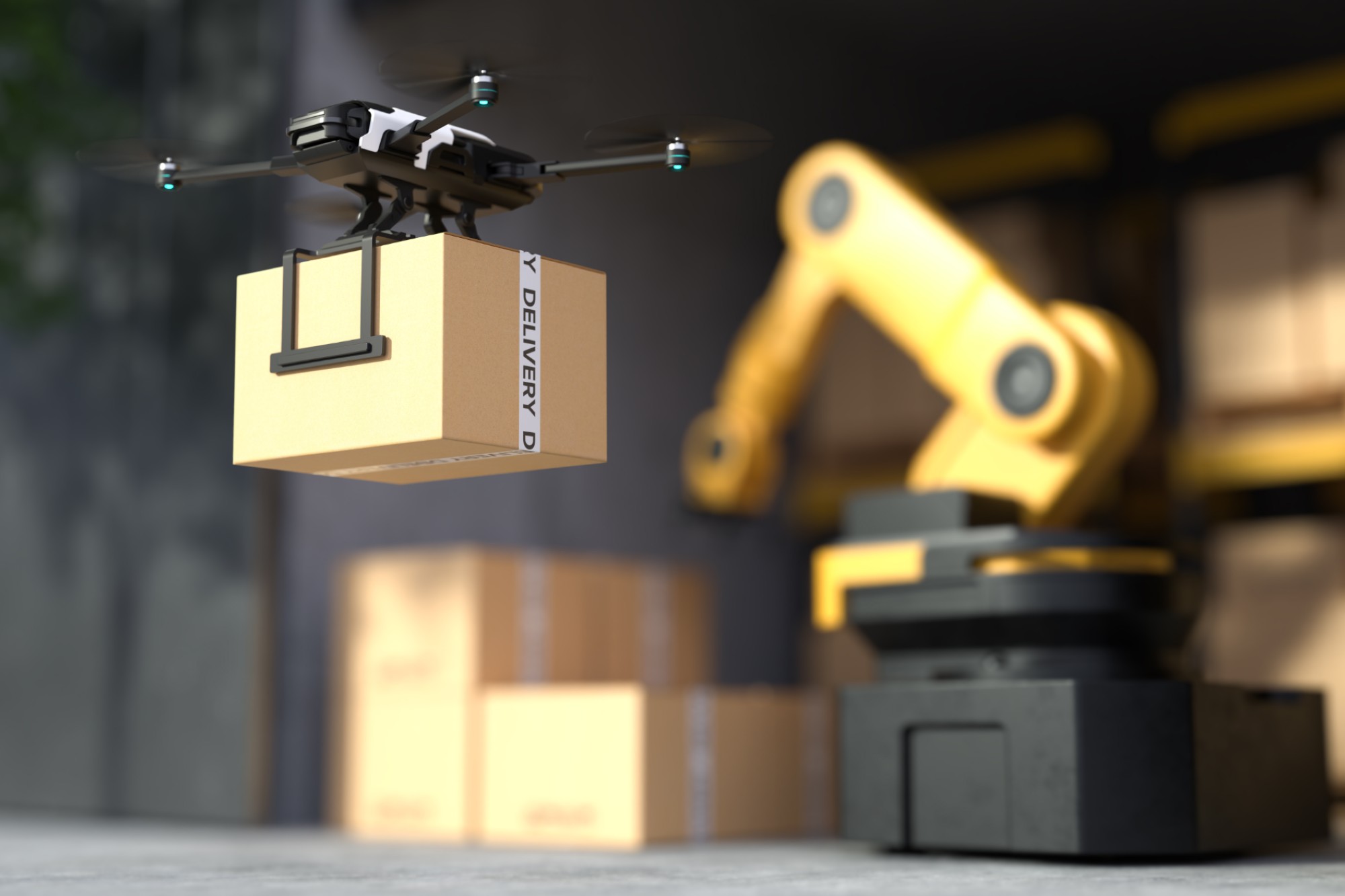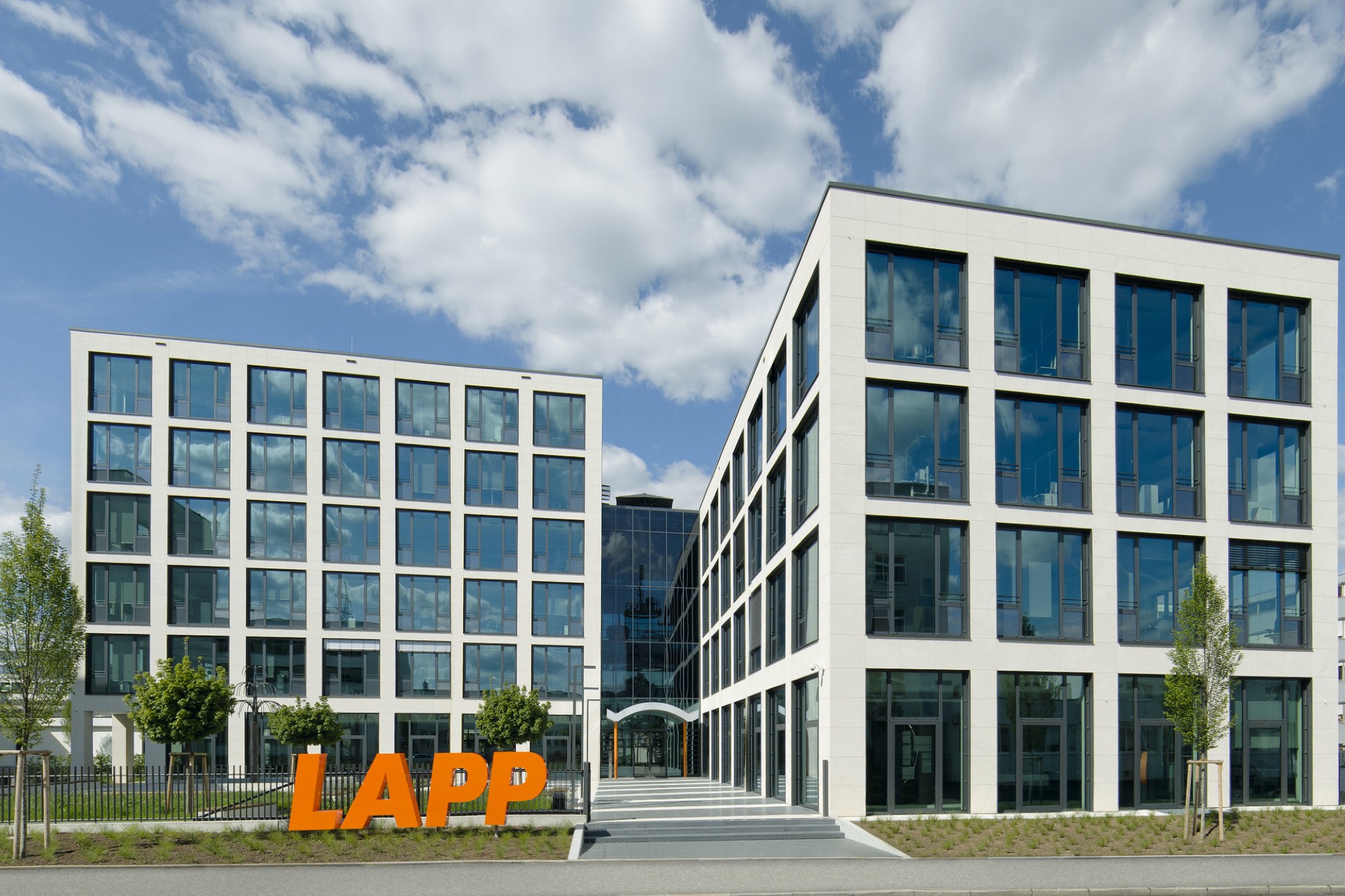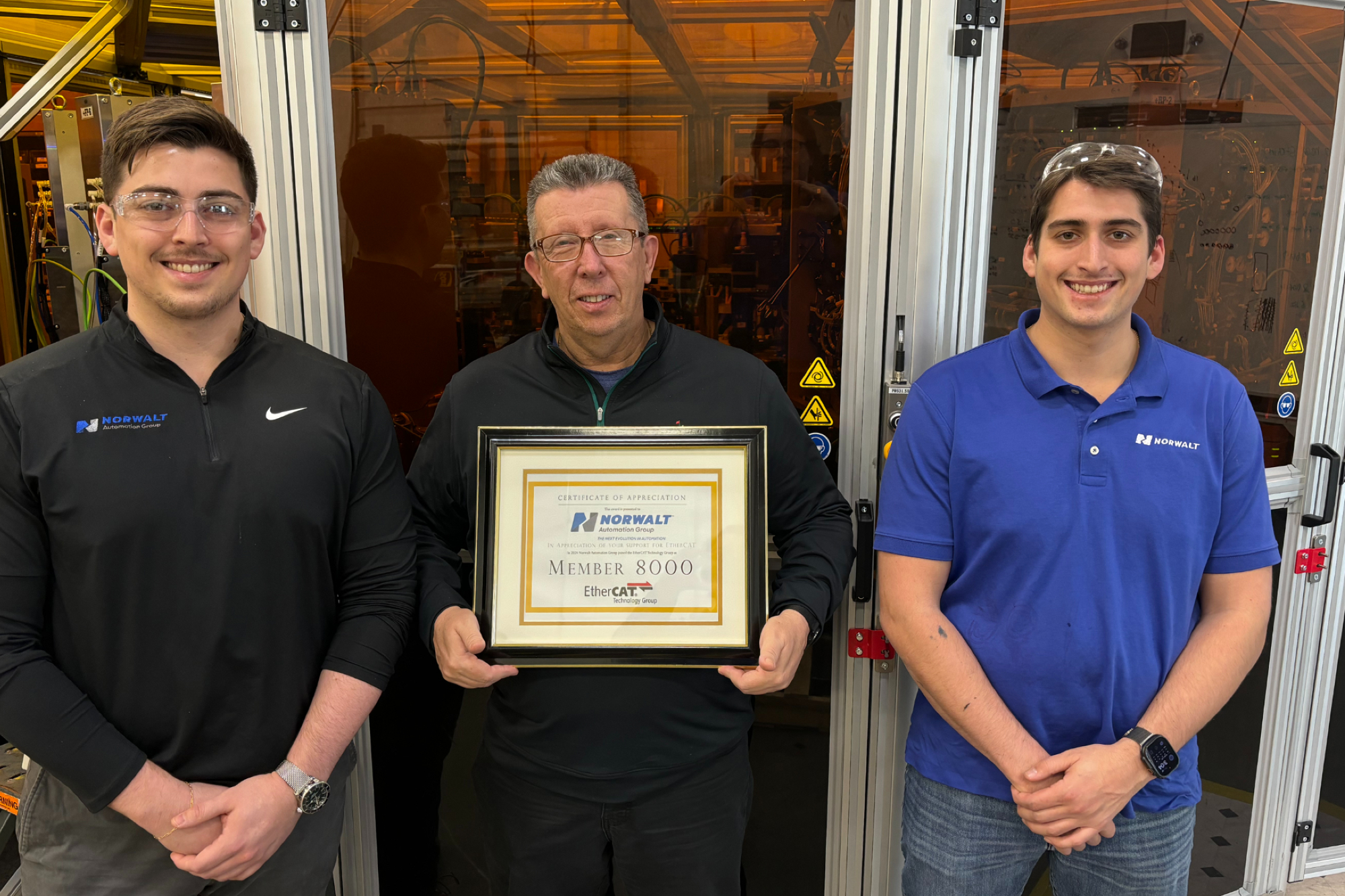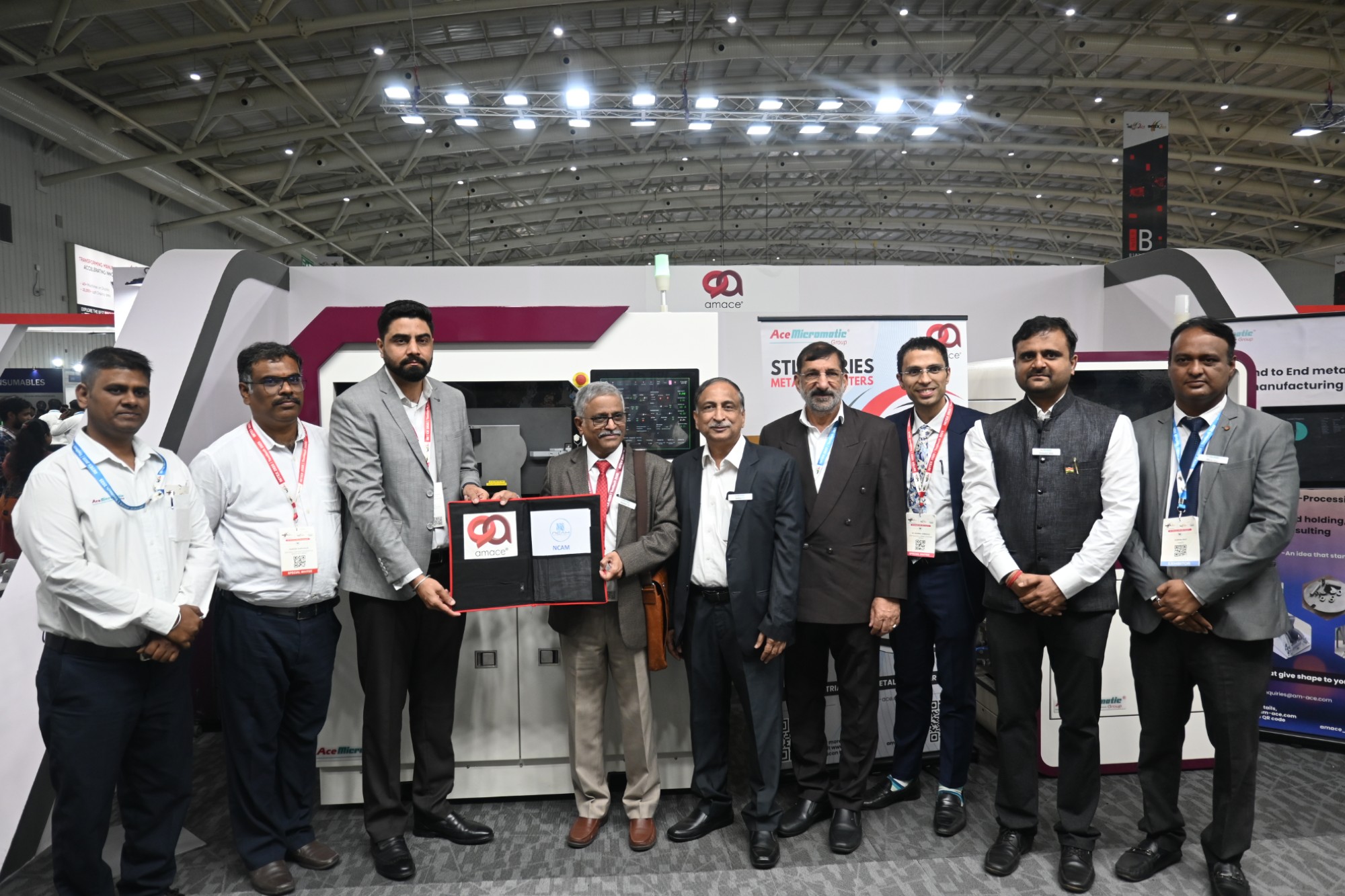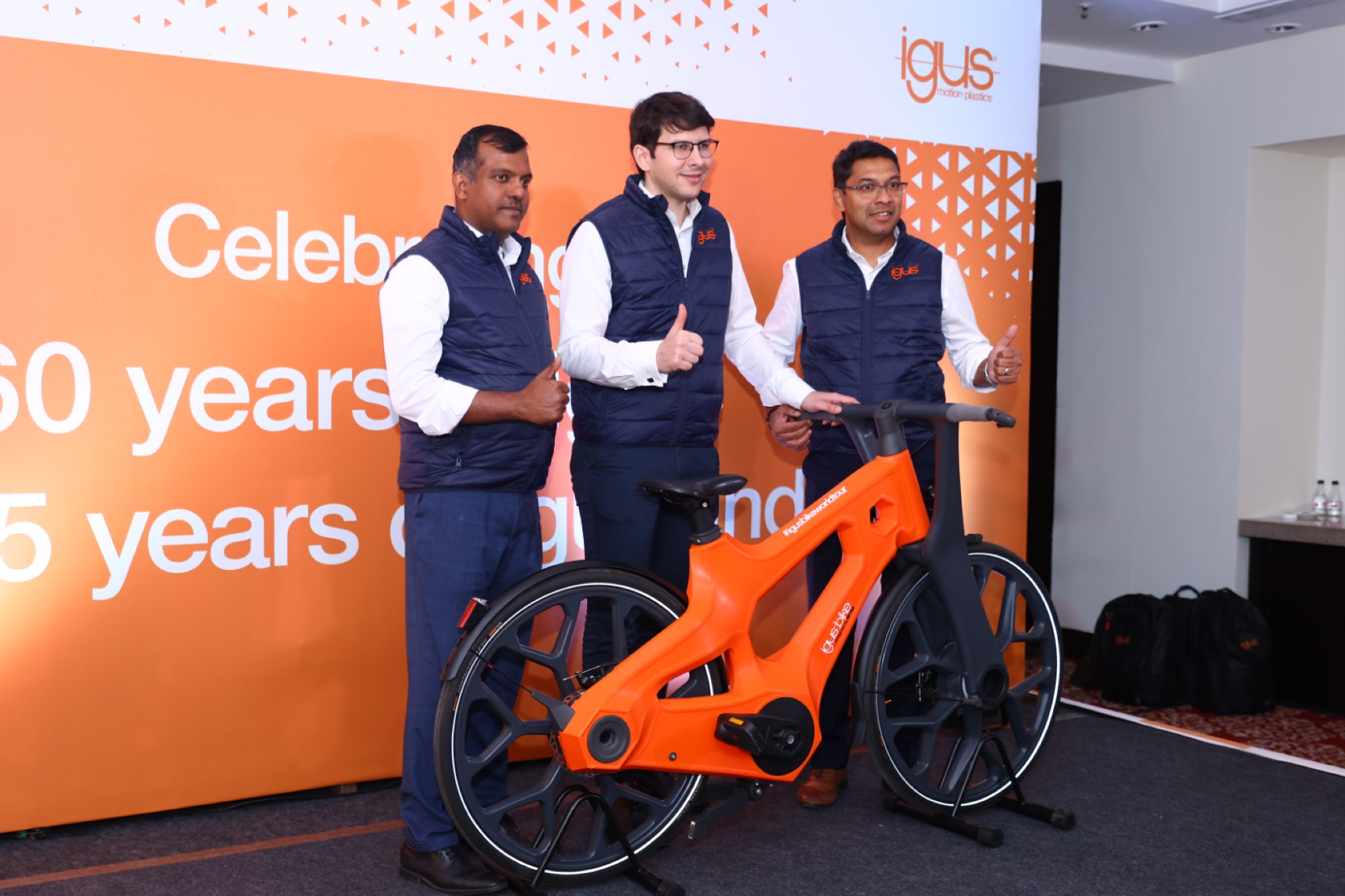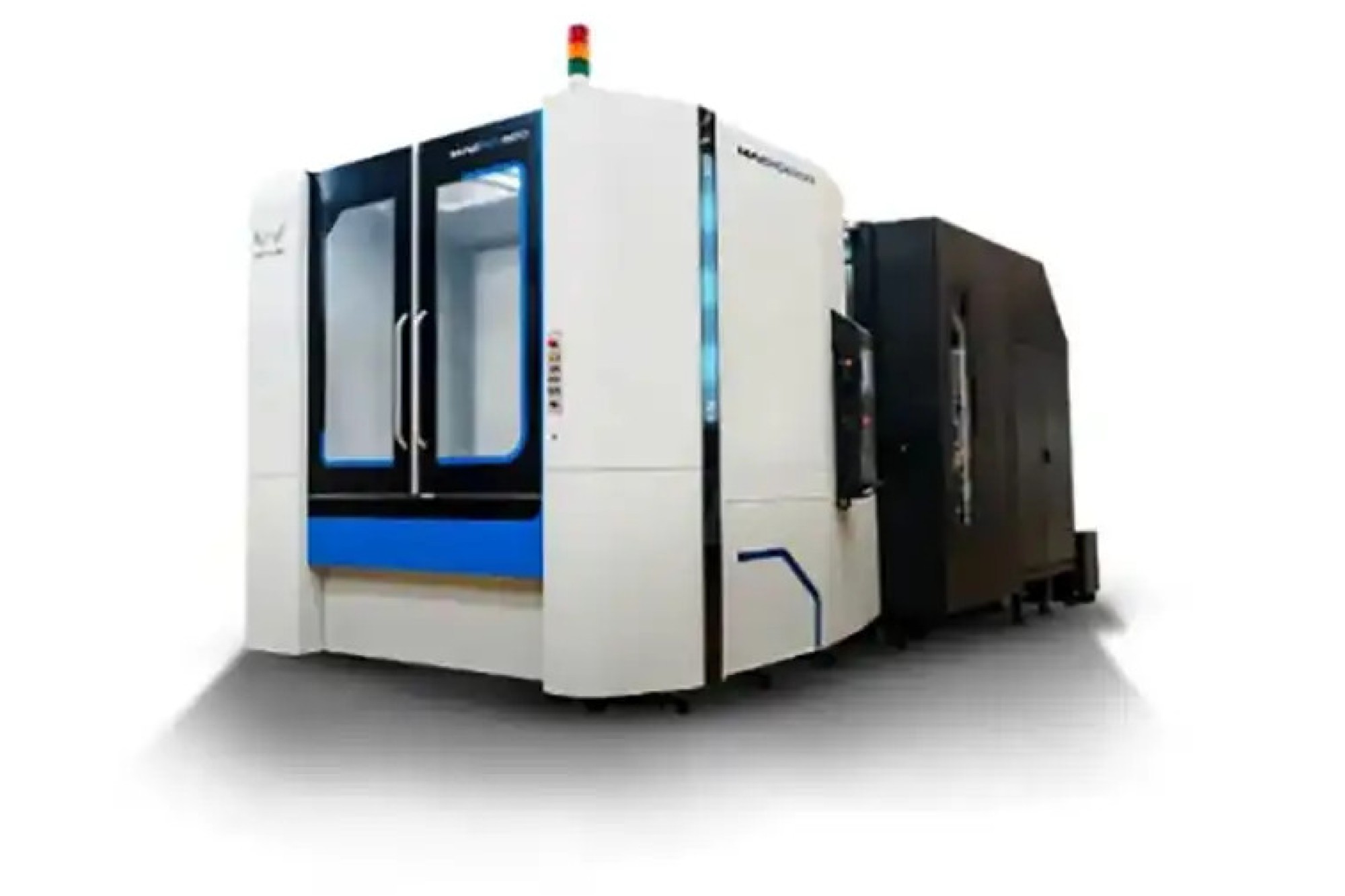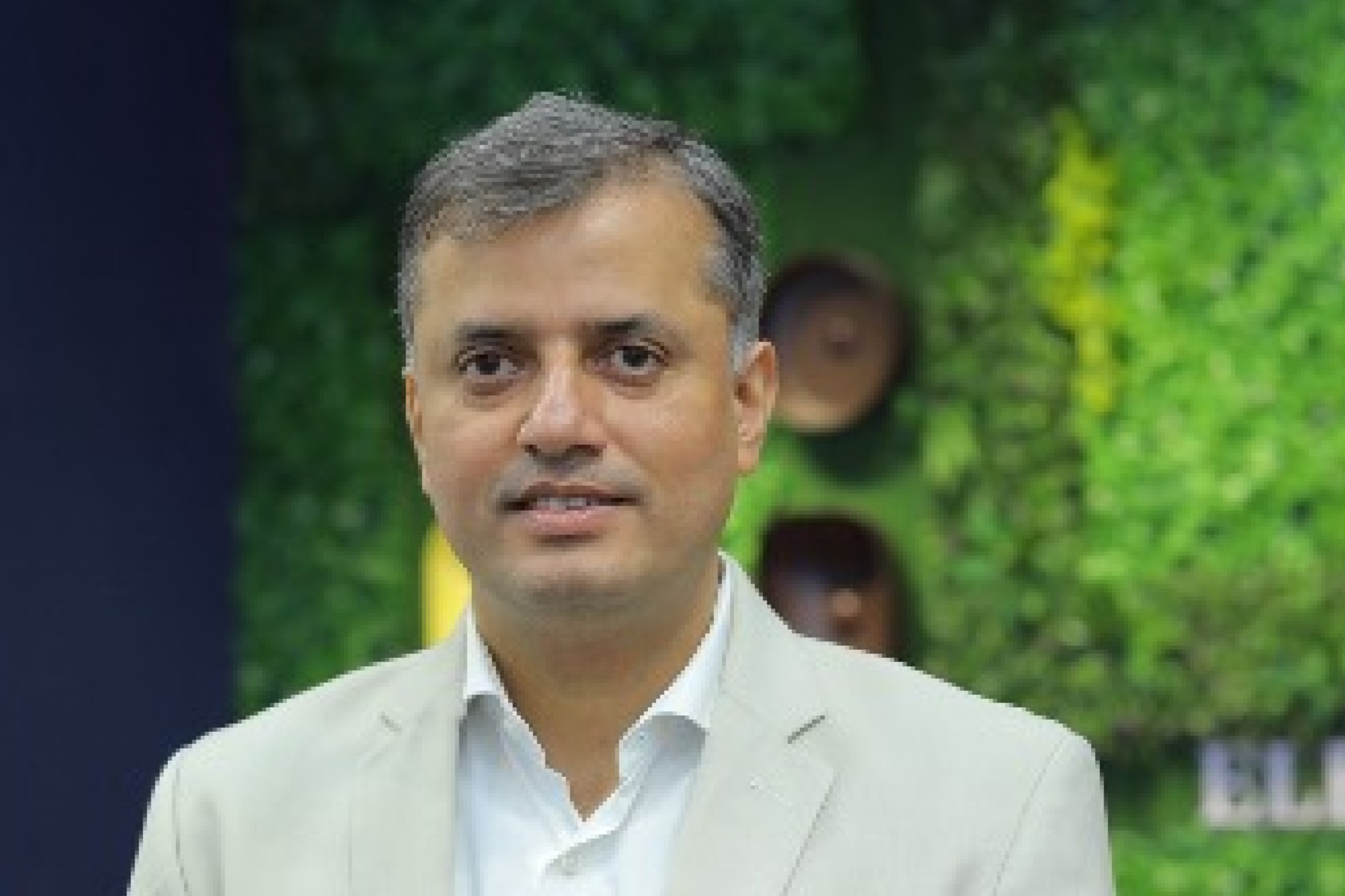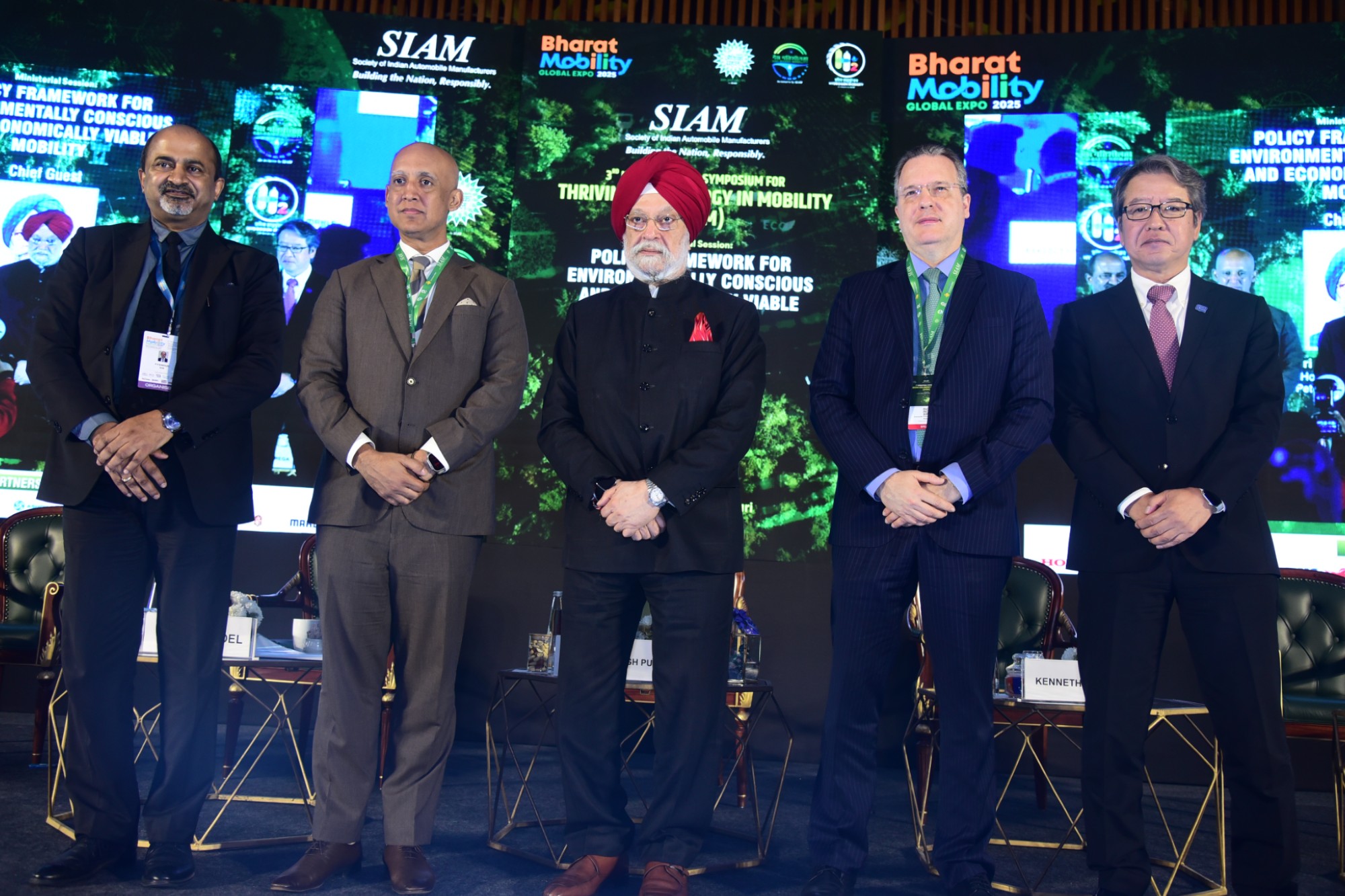Mastering AI and quantum computing for future innovation in India
By Staff Report December 20, 2024 7:24 pm IST
The Raksha Mantri urged the mastery of AI and quantum computing, emphasising their impact on sectors like defense. The focus was on India’s push for self-reliance and the need for stronger collaboration between academia, industry, and R&D to foster innovation.
In order to further solidify India’s position in the realm of advanced, frontier, and cutting-edge innovation, Raksha Mantri Rajnath Singh has urged scientists and engineers to master cutting-edge technologies like artificial intelligence and quantum computing in step with the times. He was addressing the inaugural session of Indian National Academy of Engineering’s Annual Convention at IIT Delhi on December 19, 2024.
These niche technologies are going to impact almost every sector in a big way in the coming times. Aim is be to first gain command over these technologies, so that in the future, they can be used for the welfare of the people to fulfil their immediate basic needs.
The defence sector must adapt to the ever-evolving world. India, previously left behind in modern weapons and technology, has since the government of Prime Minister Narendra Modi, moved towards self-reliance in defence at an unprecedented pace, highlighting the importance of adapting to global changes.
“Modern warfare is changing rapidly, therefore there is a need to adopt high-end technology. Towards this, we have brought out schemes like Innovations for Defence Excellence (iDEX) and Technology Development Fund (TDF) to bring out the talent of the youth, through which as well as the nation’s dreams can come true. India is passing through a defining moment as it is exporting even those weapons which it once imported. He credited this revolutionary transformation to the collective efforts of the public & private sectors, academia, and engineers & innovators, exuding confidence that the country will soon achieve a formidable technical edge in the global arena, said Raksha Mantri.”
While Rajnath Singh lauded the role of IITs in the scientific development of the country in collaboration with DRDO, he called for establishing an even better organic relationship among the industry, research & development organisations and academia. In developed countries, academic campuses play an important role in progressing frontier technologies. There is a need to explore ways on how to co-opt IIT Delhi and similar institutions of higher scientific learning & excellence with the government’s development campaign.India, the youngest nation, is fostering innovation among its youth through government support and funding. As a hub for start-ups and technological prowess, India is committed to supporting its engineers and innovators. With a shared vision of Aatmanirbhar Bharat, India aims to realize its potential and contribute to the country’s technological advancement.
Indian National Academy of Engineering (INAE) for playing a crucial role in making India self-reliant. By focusing on innovation, collaboration and modernisation, this institute has started a technological revolution in India, he said.
INAE is an autonomous professional body partly supported by grant-in-aid from the Department of Science & Technology, Government of India. The Academy undertakes meaningful technical activities each year, which have enhanced its visibility in the national engineering domain. INAE is enriched in its functioning through the leadership provided by iconic personalities in engineering and technology as its Presidents including Dr APJ Abdul Kalam. It, presently, has 1,004 Indian Fellows and 107 Foreign Fellows on its rolls identified in 10 Engineering Sections covering the entire gamut of engineering disciplines.
Cookie Consent
We use cookies to personalize your experience. By continuing to visit this website you agree to our Terms & Conditions, Privacy Policy and Cookie Policy.



